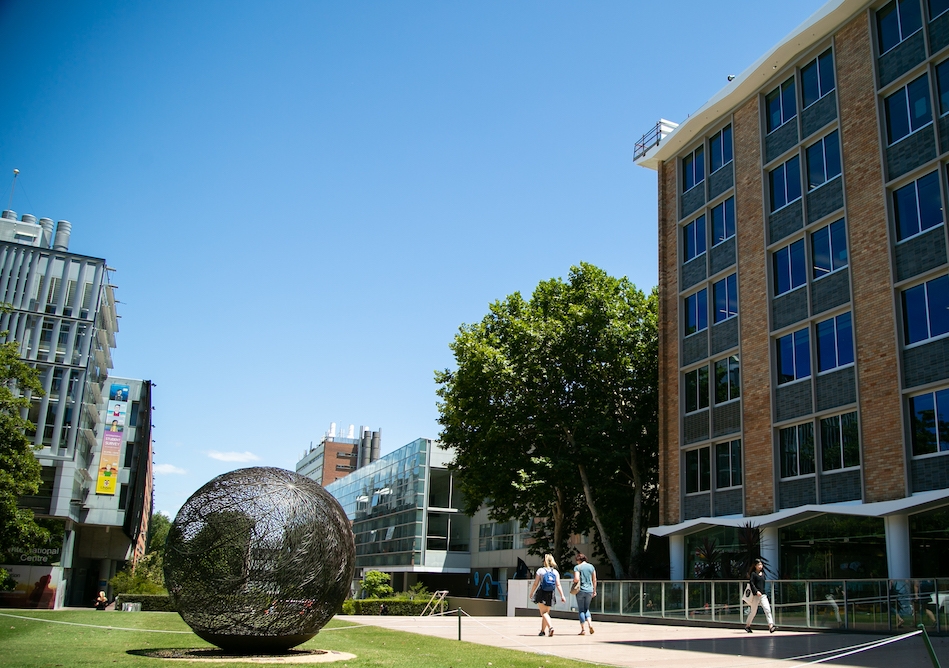UNSW researchers awarded more than $7.9m for infrastructure and linkage projects
ARC funding supports UNSW academics participating in cooperative national and international facilities and partnering with business, industry and the community.
ARC funding supports UNSW academics participating in cooperative national and international facilities and partnering with business, industry and the community.

UNSW Sydney has received a total of more than $7.9 million in Australian Research Council (ARC) Linkage Infrastructure, Equipment and Facilities (LIEF) and Linkage Project grants.
Six projects led by UNSW researchers have been awarded more than $6 million in 2022 LIEF funding – four from UNSW Science and two from Engineering. The LIEF scheme enables researchers to participate in cooperative initiatives so that expensive research infrastructure, equipment and facilities can be shared between higher education organisations and with industry.
UNSW Pro Vice-Chancellor Research Infrastructure, Professor Grainne Moran, applauded the University’s LIEF recipients.
“Our researchers’ strong result and our 35 per cent success rate in this strategically important scheme are to be commended. This funding helps support the substantial costs associated with research infrastructure as well as fostering collaboration through cooperative use of national and international facilities.”
Five projects led by researchers from UNSW Engineering, Science and Arts, Design & Architecture have been awarded $1.96 million in the latest round of Linkage Project grants. The innovative UNSW projects include improving the efficiency of concentrator photovoltaic solar systems, providing viable material solutions to address the health problem of lead contamination in drinking water, and a knowledge base and framework to prevent the drift of ‘missing’ girls into youth and adult criminal justice systems.
UNSW Pro Vice-Chancellor Research, Professor Sven Rogge, congratulated the academics on their funding success in the Linkage Project scheme.
“We are proud of our researchers in both STEM and the humanities who partner with business, industry and community organisations to find solutions to real, everyday challenges and issues. Their innovative collaborations benefit both Australia and the international community.”
Among the successful ARC LIEF Project recipients is Professor Andrew Dempster at UNSW Engineering who has received $2,098,355 for the Space Resources Environmental Analogue Facility. The facility aims to allow researchers to test equipment in realistic Moon/ Mars/ asteroid conditions. It will allow the development of space robotics and techniques to process space rocks.
Professor Sarah Brough at UNSW Science has been awarded $1,275,295 for the LIEF Project ‘Australian participation in the Legacy Survey of Space and Time (LSST)’. LSST is a 10-year US survey where the entire Southern Sky will be imaged every few days starting in 2023. The dataset will provide the highest resolution and sensitivity images ever recorded, as well as 10 million alerts per day to transient objects, transforming many areas of astrophysics.
Among the successful ARC Linkage Project recipients is Associate Professor Nicholas Ekins-Daukes at UNSW Engineering who has received $460,485 for ‘Advanced metallisation for III-V photovoltaic solar power systems’. This project aims to augment the overall electrical efficiency of concentrator photovoltaic solar systems that provide large-scale generation of cheap, clean electricity. The project is expected to develop a new concentrator solar cell metalisation and insulation technology.
Dr Kevin James Laws at UNSW Science has been awarded $444,000 for the Linkage Project ‘New lead-free brass solutions for drinking water applications’. The aim of this project is to provide viable material solutions to address the health problem of lead contamination in drinking water arising from leaded-brass plumbing products and the impact lead removal from brass will have on the brass industry.
Dr Phillipa Evans at UNSW Arts, Design & Architecture has received $204,307 for the Linkage Project ‘Missing girls: from childhood runaways to criminalised women’. This study examines the link between girls declared ‘missing’ and their trajectory into the criminal justice system. It will expand the Australian knowledge base along with providing a clear, tangible practice framework to prevent the drift into youth and adult criminal justice systems.